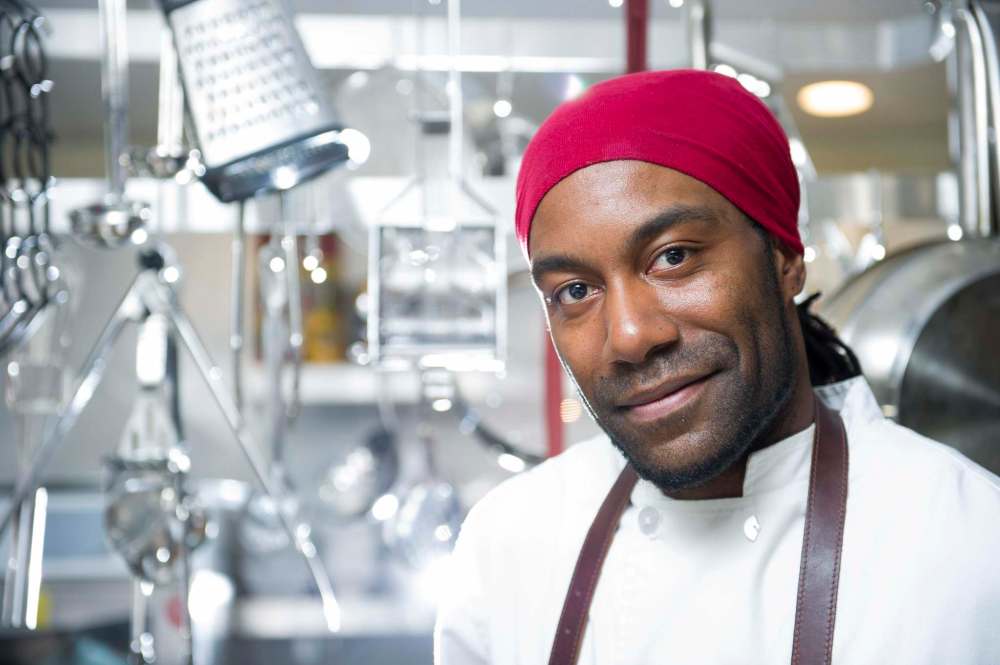Despite acquittals, there is reason to believe sex assault victims
Advertisement
Read this article for free:
or
Already have an account? Log in here »
To continue reading, please subscribe:
Monthly Digital Subscription
$0 for the first 4 weeks*
- Enjoy unlimited reading on winnipegfreepress.com
- Read the E-Edition, our digital replica newspaper
- Access News Break, our award-winning app
- Play interactive puzzles
*No charge for 4 weeks then price increases to the regular rate of $19.00 plus GST every four weeks. Offer available to new and qualified returning subscribers only. Cancel any time.
Monthly Digital Subscription
$4.75/week*
- Enjoy unlimited reading on winnipegfreepress.com
- Read the E-Edition, our digital replica newspaper
- Access News Break, our award-winning app
- Play interactive puzzles
*Billed as $19 plus GST every four weeks. Cancel any time.
To continue reading, please subscribe:
Add Free Press access to your Brandon Sun subscription for only an additional
$1 for the first 4 weeks*
*Your next subscription payment will increase by $1.00 and you will be charged $16.99 plus GST for four weeks. After four weeks, your payment will increase to $23.99 plus GST every four weeks.
Read unlimited articles for free today:
or
Already have an account? Log in here »
Hey there, time traveller!
This article was published 14/08/2017 (3033 days ago), so information in it may no longer be current.
Another high-profile sexual assault case ended in acquittal last week when three Toronto police officers were found not guilty of assaulting a female parking-enforcement officer.
In her 45-page ruling, Ontario Superior Court Justice Anne Molloy wrote she couldn’t rely on the complainant’s testimony, adding that “although the slogan ‘Believe the victim’ has become popularized of late, it has no place in a criminal trial.”
During the Jian Ghomeshi trial last year, the hashtag #IBelieveWomen began trending on social media. It was meant to challenge the most pervasive and damaging of all myths about sexual assault victims: women lie. The hashtag was a way to show solidarity with sexual assault victims, an overwhelming number of whom never report what happened to them.

For many people, the concept of believing women, or believing the victim, sits diametrically opposed to the cornerstone of our justice system: innocent until proven guilty. Justice Molloy, like many legal minds, has concerns that believing a victim results in presumption of guilt for the accused.
But the #IBelieveWomen movement was hardly calling for automatic convictions of the accused. It was about listening to, and taking seriously, the complaints of victims, about not assuming that they were asking for it, looking for attention, out to ruin a man’s life — take your pick. Those aghast at the acquittal of Ghomeshi in March 2016 had valid concerns about the ways in which Justice William Horkins resorted to victim-blaming in his decision and the chill effect it might have on women coming forward.
This, they said, is a big part of the problem. This, they said, is why women don’t bother seeking justice.
Many advocates have called for wide systemic changes to how sexual assaults are dealt with in this country, from examining how bias and stereotypes are used in rulings to calling for a better understanding of trauma psychology and the ways in which memory works to beefing up victim services. From initial police questioning right through to trial, the system needs an overhaul. To flippantly dismiss the “believe the victim” movement as a trend is to dismiss these legitimate criticisms.
Encouragingly, there were a few glimmers of hope from the past week that suggest change is happening. Elsewhere in her report, in a section tellingly titled Irrelevant Evidence and Things I Have Not Taken Into Account, Justice Molloy handily smacked down a bunch of rape myths and stereotypes — including the relevance of what the complainant wore and how she behaved.
Here in Winnipeg, Court of Queen’s Bench Justice David Kroft this week found chef Rob Thomas not guilty of sexual assault, but was careful to make the distinction between the credibility of the complainant and the reliability of the complainant’s evidence. “My doubt is not rooted in a finding that the complainant or any of the Crown witnesses were dishonest in their testimony, lacked sincerity or were evasive,” he said. “Again, that is not the source of my doubt. Instead, my doubt arises principally from concerns as to the reliability of the complainant’s evidence.”
Hearing judges dismantle rape myths in nuanced rulings — even if they aren’t in favour of the victim — is powerful because it suggests victims can be heard and taken seriously. When people talk about believing a victim, this is what they mean: taking people seriously, and not relying on heavily debunked stereotypes to get an acquittal.
“Believe the victim” may not have a place in a criminal trial, but it’s encouraging to see justices recognize that rape myths have no place there, either. Whether this merits the hashtag #Ibelievethisisprogress will be an individual decision.

